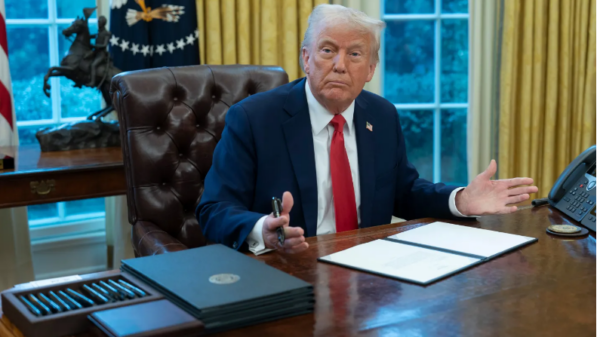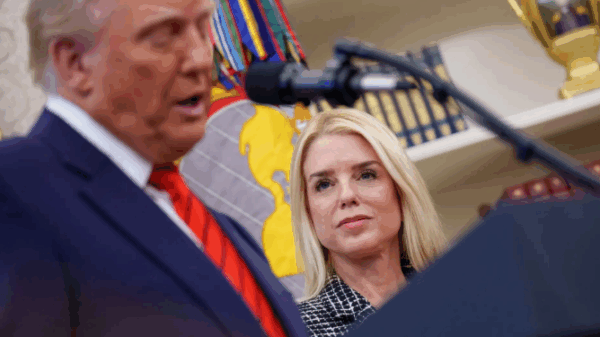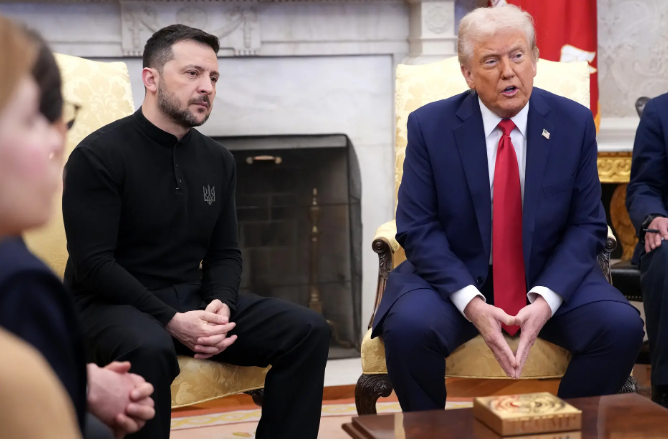A landmark agreement between the United States and Ukraine granting the U.S. a 50% stake in future oil, gas, and mineral projects in Ukraine is shifting political dynamics in Washington and reigniting support for American military assistance to the war-torn country.
Finalized on Wednesday after months of negotiations, the deal could revive congressional momentum for further aid to Ukraine, which has received more than $66 billion in U.S. assistance since Russia’s 2022 full-scale invasion. The new agreement, still pending ratification by Ukraine’s parliament, would funnel profits from new energy and mineral developments into a joint investment fund, used in part to finance Ukraine’s purchase of U.S. weapons systems.
“This is a game changer,” said Senator Roger Wicker (R-KS), chair of the Senate Armed Services Committee. “The door is now open for more aid.”
The agreement arrives amid deep Republican divisions over Ukraine policy. While Trump-aligned lawmakers have grown wary of continued involvement, national security hawks have pushed to counter Russian aggression. This deal appears to offer both sides a compromise: a strategy that frames aid not only as a moral obligation, but also a sound business investment.
“This puts American skin in the game,” said Senator James Lankford (R-OK). Senator Joni Ernst (R-IA) praised the deal as a “huge breakthrough,” giving former President Donald Trump and his allies an economic rationale to maintain U.S. support while assuring voters that Ukraine would “pay us back.”
According to a Trump administration official, the joint U.S.-Ukraine fund will be financed through profits from future resource projects—including lithium, titanium, and rare earth elements—with Ukraine matching any future military support with in-kind contributions. Existing operations and resource ownership will remain under Ukrainian control.
Ukrainian officials involved in the talks welcomed the outcome. “This is excellent news—we’re feeling optimistic,” said a foreign policy adviser to President Volodymyr Zelensky. The official added that “the costs to Ukraine look minimal,” after negotiators removed several onerous provisions initially proposed by Washington.
Still, the deal lacks explicit security guarantees, and critics argue it may be more symbolic than strategic. “It’s hard to call this a security guarantee,” said a former Ukrainian official. “The Americans can protect U.S.-linked sites, but that doesn’t safeguard the entire country.”
Reaction among Democrats was mixed. Senate Minority Leader Chuck Schumer expressed skepticism over Trump’s commitment to Ukraine, while Senator Chris Murphy (D-CT) dismissed the deal as toothless, particularly if it applies to mineral-rich territories currently under Russian control.
Despite uncertainty, experts say the agreement may ultimately align long-term U.S. interests with Ukraine’s future. “This may be the most pragmatic way to secure continued support,” said retired Rear Admiral Mark Montgomery. “If the U.S. has a financial stake in Ukraine’s post-war recovery, that gives both sides reason to stay engaged.”









































